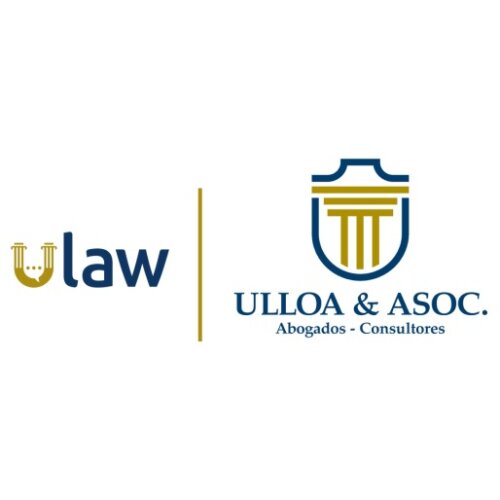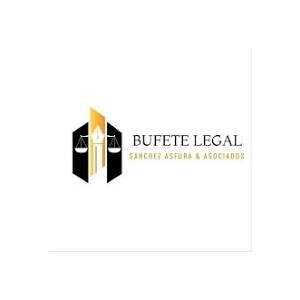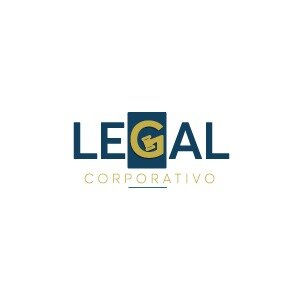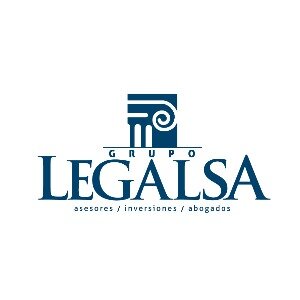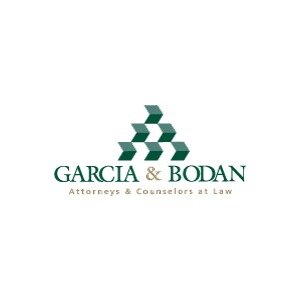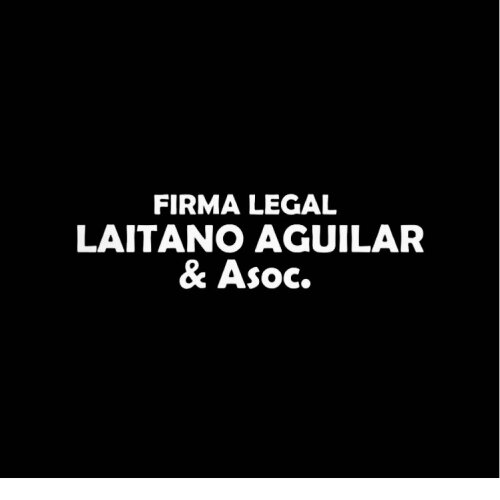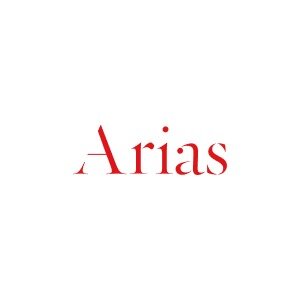Best Energy Regulatory Law Lawyers in Honduras
Share your needs with us, get contacted by law firms.
Free. Takes 2 min.
Or refine your search by selecting a city:
List of the best lawyers in Honduras
About Energy Regulatory Law in Honduras
Energy Regulatory Law in Honduras is a legal field that addresses the generation, distribution, and consumption of energy within the country. It is primarily focused on electricity, but also covers aspects of gas, renewables, and other energy resources. The main goals are to ensure fair access to energy, promote sustainable practices, protect consumers, and encourage private and foreign investment in the energy sector. Key regulations are developed and enforced by governmental agencies to maintain a stable and reliable energy supply while meeting both domestic and international obligations regarding environmental and market standards.
Why You May Need a Lawyer
There are various situations where expert legal guidance in Energy Regulatory Law can be essential in Honduras. Companies or individuals investing in energy projects often require assistance with licensing, permits, and regulatory compliance. Disputes with energy providers over contracts or tariffs may arise, requiring legal intervention. Changes to government policies or regulations can also impact ongoing operations or investments, making it crucial to understand the implications. For communities affected by energy projects, legal advice is important to ensure that their rights and obligations are recognized and protected. Lawyers help clients navigate these complexities, avoid costly mistakes, and ensure compliance with constantly evolving laws.
Local Laws Overview
Honduras has implemented a structured legal framework for its energy sector. The key law is the Electricity Subsector Law, which establishes the rules for generation, transmission, distribution, and commercialization of electricity. This law is overseen by the National Electric Energy Commission (CNEE), which regulates tariffs, grants licenses, and ensures compliance. The Honduran Renewable Energy Promotion Law encourages the development of renewable energy projects by offering incentives and simplified permit processes. Environmental impact assessments are required for most energy projects. Additionally, the Law for the Promotion of Public-Private Partnerships facilitates investment from private entities in energy infrastructure. Foreign investment is permitted but is subject to national policies and regulations.
Frequently Asked Questions
What is the main law that governs the energy sector in Honduras?
The Electricity Subsector Law is the principal legislation that regulates the generation, transmission, distribution, and sale of electricity in Honduras.
Who regulates energy in Honduras?
The National Electric Energy Commission (CNEE) is the primary regulatory body overseeing the energy sector in Honduras.
What must I do to set up an energy project in Honduras?
Potential developers must obtain relevant permits and licenses, comply with environmental regulations, and follow procedures outlined by the CNEE and other authorities.
Are foreign companies allowed to invest in the Honduran energy sector?
Yes. Foreign investment is permitted under Honduran law, but investors must adhere to local regulations and requirements specific to the energy sector.
How are electricity rates set in Honduras?
The CNEE is responsible for establishing and reviewing tariffs based on factors such as production costs, market conditions, and government policies.
What incentives exist for renewable energy projects?
There are tax exemptions, simplified licensing processes, and guaranteed power purchase agreements available to developers of renewable energy projects.
What role does the State-owned National Electric Power Company (ENEE) play?
ENEE is responsible for generation, transmission, and distribution in many parts of the country. It also interacts with private participants in the sector.
Are environmental studies required for energy projects?
Yes. Environmental impact assessments are mandatory for most energy projects to ensure compliance with sustainable development standards.
How can consumers resolve disputes with energy providers?
Consumers can file complaints with the CNEE, which facilitates dispute resolution and enforces consumer protection laws in the sector.
What risks should investors in the energy sector be aware of?
Investors should consider regulatory changes, tariff adjustments, environmental compliance, community relations, and political factors when entering the energy market.
Additional Resources
- National Electric Energy Commission (CNEE): Regulates and supervises the energy sector. - Honduran Renewable Energy Association: Provides industry information and advocacy. - Ministry of Energy, Natural Resources, Environment, and Mines (MiAmbiente): Oversees environmental compliance and resource management. - National Electric Power Company (ENEE): Major state-owned utility involved in energy operations. - Law for the Promotion of Public-Private Partnerships: Outlines procedures and incentives for private investment.
Next Steps
If you need legal assistance with an energy-related issue in Honduras, start by gathering all relevant documentation including permits, contracts, and any correspondence with authorities or service providers. Research and identify law firms or individual lawyers specializing in Energy Regulatory Law, particularly those with local experience. Arrange an initial consultation to discuss your situation and learn about your rights and obligations. It is highly recommended to work with a professional who is familiar not only with Honduran law but also with energy sector regulations and local procedures. Staying informed through reputable resources and maintaining communication with regulatory bodies can also help you navigate legal complexities effectively.
Lawzana helps you find the best lawyers and law firms in Honduras through a curated and pre-screened list of qualified legal professionals. Our platform offers rankings and detailed profiles of attorneys and law firms, allowing you to compare based on practice areas, including Energy Regulatory Law, experience, and client feedback.
Each profile includes a description of the firm's areas of practice, client reviews, team members and partners, year of establishment, spoken languages, office locations, contact information, social media presence, and any published articles or resources. Most firms on our platform speak English and are experienced in both local and international legal matters.
Get a quote from top-rated law firms in Honduras — quickly, securely, and without unnecessary hassle.
Disclaimer:
The information provided on this page is for general informational purposes only and does not constitute legal advice. While we strive to ensure the accuracy and relevance of the content, legal information may change over time, and interpretations of the law can vary. You should always consult with a qualified legal professional for advice specific to your situation.
We disclaim all liability for actions taken or not taken based on the content of this page. If you believe any information is incorrect or outdated, please contact us, and we will review and update it where appropriate.
Browse energy regulatory law law firms by city in Honduras
Refine your search by selecting a city.



